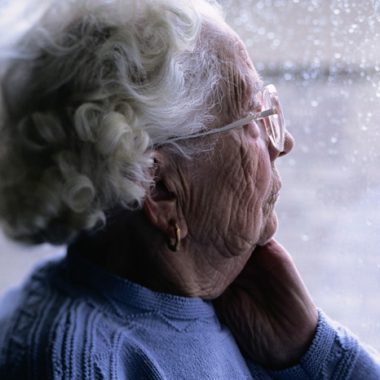GPs to diagnose and care for dementia like other long-term conditions, says Government advisor

GPs need to take on more of the diagnosis and treatment of dementia within primary care in future, as part of a major shift towards managing it in the same way as other long-term conditions, according to a leading Government advisor.
Dr Charles Alessi, Public Health England’s lead on dementia, said policymakers were making ‘long-term’ plans to build the capacity of general practice to diagnose and manage the condition as well as support families and carers.
Speaking at a Westminster Health Forum event on dementia in central London, Dr Alessi told delegates: ‘We are initiating some work with NHS England to really build the capability of general practice, to assist GPs to be able to diagnose dementia in primary care and also initiate treatment when appropriate.
‘That doesn’t mean this supplants memory clinics, but this is an enhancement of the service that already exists, because we know that the numbers who will be developing cognitive impairment is going to increase as we grow older and clearly we need to develop alternative pathways of care.’
Dr Alessi explained: ‘I think we are on a journey in terms of dementia in primary care which is very similar to the journey we embarked on with cancer. At one time cancer was a condition that was wholly the responsibility of secondary care but that has moved over the years to become shared over different parts of the health system.
‘Similarly with dementia there is absolutely no reason why primary care can’t give its contribution around diagnosis and also around after care.’
NHS England’s dementia czar Professor Alistair Burns has previously said he wants to see GPs ‘upskilled’ to be able to take more responsibility for diagnosing and caring for patients with dementia, while the Government’s new Dementia Identification Scheme – launched last month – is rewarding GPs for diagnosing dementia themselves, as well as for diagnoses made in specialist clinics, over the second half of this year.
However, Dr Alessi stressed the plans were ‘long term’ and would not be imposed on GPs.
He told Pulse: ‘This is long-term work – we’re talking about an intention to turn dementia into a mainstream condition, in a similar way that all other long-term conditions are treated.
‘We’re not talking about doing anything over the next two days to impose a system on general practice, that is not what we’re saying.’
Visit Pulse Reference for details on 140 symptoms, including easily searchable symptoms and categories, offering you a free platform to check symptoms and receive potential diagnoses during consultations.











